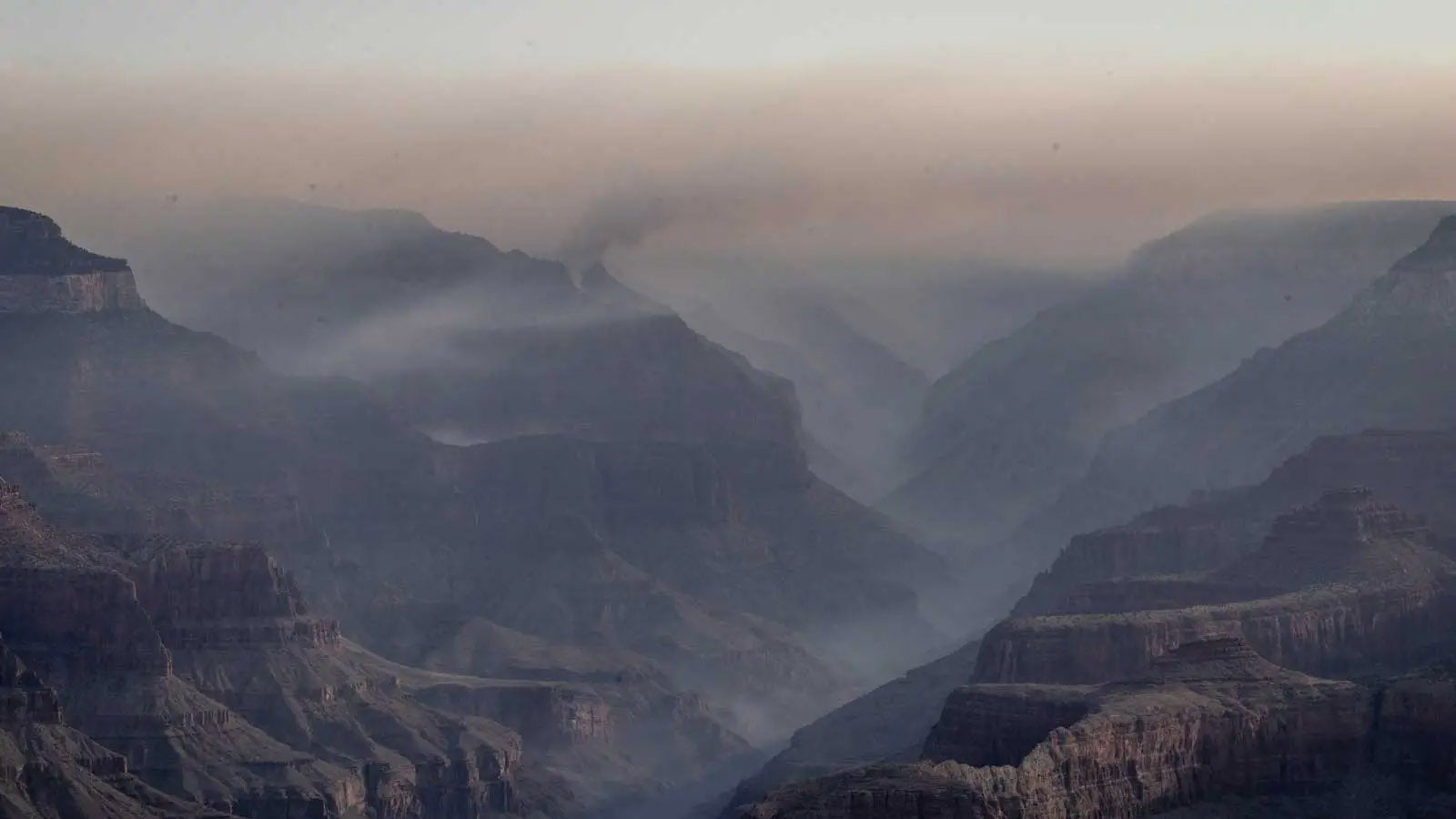| Above: An aerial view shows damage caused by a wildfire near Rafina, about 10 miles east of Athens, on July 24, 2018. Image credit: Savas Karmaniolas/AFP/Getty Images. |
At least 74 people are dead in Greece after wind-driven fires swept through areas near the capital of Athens on Monday afternoon. The two largest wildfires--one 10 miles east of Athens near Rafina, and the other 30 miles west of Athens, in Kineta--broke out Monday during hot, dry, windy conditions. Athens Eleftherios Venizelos International Airport, located about 5 miles southwest of the Rafina fire, experienced a high of 38.1°C (101°F) on Monday. The heat was accompanied by very strong westerly winds: a wind gust of 102 kph (63 mph) was reported at 18 UTC, and a gust of 50 mph at 21 UTC. Very dry air, with humidity values as low as 17%, was present during the day.
Fanned by winds that frequently changed direction, the flames spread rapidly into populated seaside towns--too fast for many who were in their cars or homes to flee, fire department spokeswoman Stavroula Malliri said, in an AP story on the disaster. The winds were far calmer on Tuesday, allowing firefighters to gain the upper hand on many of the fires.
 |
| Figure 1. Location of Monday’s fires, from NASA’s Fire Information for Resource Management System (FIRMS). |
The fire risk has not been unusually high for Greece this summer. It has been hot in the portion of Greece affected by the fires, with temperatures averaging about 1.5°C (2.7°F) above average during the first three weeks of July, according to data from NOAA. It has also been dry the past two weeks, with the last measurable rain at the Athens airport occuring on July 10. However, Greece had decent rains in May and June, and the July 12 drought summary for June for Greece from the Drought Management Center for Southeastern Europe showed no drought for the nation. The big weather factor driving Monday’s firestorm were the winds, which were unusually strong and gusty.
Thank you to #Cyprus & #Spain for their offers of assistance to #Greecevia #EUCivPro, which include a team of 64 firefighters & paramedics, 2 firefighting trucks & 2 Canadair firefighting planes.#EU #solidarity in action. pic.twitter.com/m64TYcdP53
— Christos Stylianides (@StylianidesEU) July 24, 2018
Potentially the deadliest fires in modern Greek history
According to EM-DAT, the international disaster database, the deadliest and most expensive wildfire in Greece since 1983 occurred in August 2007 in the southern Peloponnese peninsula, claiming 65 lives and costing $2.1 billion (2018 dollars). The exact death toll from those fires is unknown, though, with some estimates as high as 84. The second deadliest and most destructive fire in modern Greek history, according to EM-DAT, occurred in the summer of 1998, when 14 people were killed, with damages of $1 billion.



